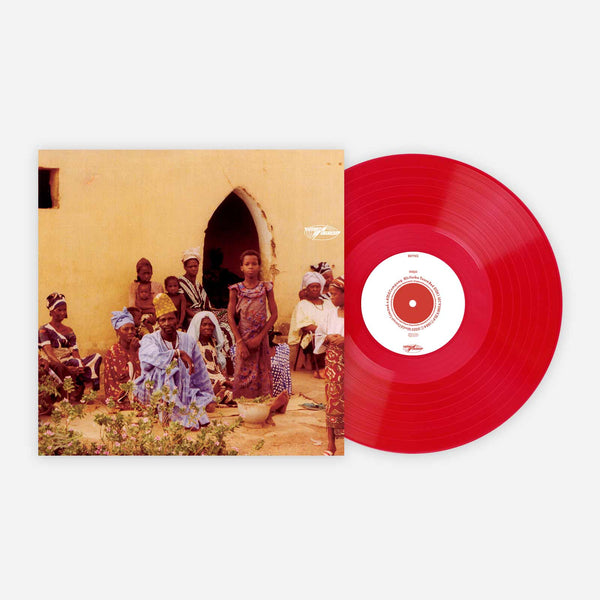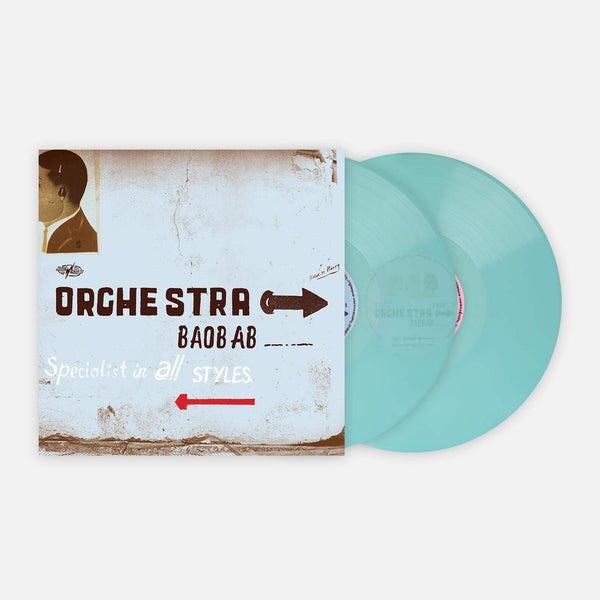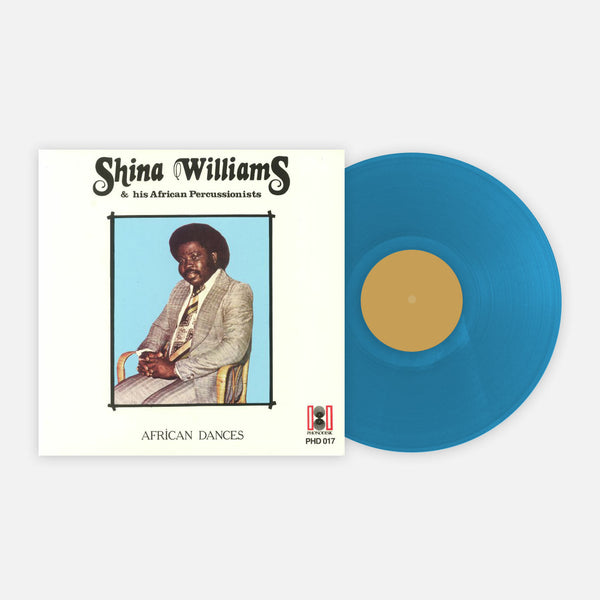Sub Pop 30: Indie rock'un en iyi etiketlerinden birinin üç albümlük tarihi
Bu yıl, saygın indie rock kurumu Sub Pop 30. yaşını kutluyor. Herhangi bir plak şirketinin 30 yıl boyunca ayakta kalması olağanüstü bir başarıdır, ancak özellikle önemli ve yayınlanmaya değer buldukları müzik konusunda büyük riskler alarak bu 30 yılın çoğunu geçiren bir plak şirketi için daha da fazladır.
Plak şirketinin 30. yıl dönümünü kutlamak için, Vinyl Me, Please ve Sub Pop, plak şirketinin 30 yıllık geçmişi boyunca yayınlanan üç albümden oluşan bir paket için ortaklık kurdular. Şu anda Vinyl Me, Please mağazasında Sebadoh'un Bakesale (Buradan satın alın), Sleater-Kinney'nin The Woods (Buradan satın alın) ve Foals'un Total Life Forever (Buradan satın alın) özel sürümlerini hemen satın alabilirsiniz.
Aşağıda, kurucu ortak Jonathan Poneman ile VMP x Sub Pop çıkışındaki üç albüm hakkında konuşuyoruz.
VMP: When you guys started Sub Pop 30 years ago, did you ever think that this would be something you'd be talking about, this far along? When you made the label did you think it was going to last 30 years?
Jonathan Poneman: You know, when you’re the age that we were — we were in our late 20s — generally speaking, you don’t think that long. You’re more in the moment, particularly when you’re on the verge of losing your shirt, and everything else from day to day. So, honestly, I never gave it any thought. I had hopes that we would, because we were aware that we were working with some great artists. We were hoping that we would, if the music was captured adequately, and even beyond that, if it were captured magically, we were hoping that the music would be able to endure. But as for whether or not we would endure with the music, we didn't give that any thought.
Sub Pop’s first LP was the self-titled, and only, album from Green River, a band that was notable for helping make one of the first “grunge” albums, and for its members going on to form Mudhoney and Pearl Jam. The early days of Sub Pop were a veritable immersion course in Pacific Northwest rock, as the label focused its attention on releasing the best bands of their hometown of Seattle and areas surrounding. Nirvana’s Bleach — and the band’s eventual signing to Geffen for Nevermind — established Sub Pop as a premiere destination for up-and-coming indie rock. By the mid-’90s, the label was no longer just the destination for Seattle bands; they’d started releasing albums from indie bands from around the country.
How did Bakesale and Sebadoh end up on Sub Pop? Do you remember how you guys came to work with Lou?
Well, they had done the first three records, and Sebadoh III in particular, had caught my ear. And we had common friends in Megan Jasper, who is now the CEO of Sub Pop and at the time was a distributor working for Sub Pop’s distribution company [Alternative Distribution Alliance]. And I don't think that she actually gave me the demos for what would become Bubble & Scrape, but that was the first album that we put out by Sebadoh. And then Bakesale was recorded very, very quickly. Eric [Gaffney] had left the band, and you know, I love Eric’s contributions, but the tension between Jason [Loewenstein]’s songs and Lou [Barlow]’s songs on Bakesale was a distillation of everything that I loved about that band. Or it came to be — it was a distillation of what came to be the things that I loved about Sebadoh as it played out more on Harmacy.
For that album, in those days, how did it work? Did you know that they were going to be putting out Bakesale on Sub Pop, and did you guys hear demos? What was the process back then?
The process would differ from record to record. You know, I, we had two other label partners, this is going back almost 25 years at this point, so I have to kind of remember this stuff. But, first off, City Slang and Laurence [Bell] at Domino, both of which were much smaller labels at the time, had them for continental Europe and Britain, respectively, and, you know, Lou became our de facto point person. I just remember receiving a cassette tape, saying, “This is our new record,” and listening to it and being blown away. But, yeah, our relationship with them as far as our rapport, our professional rapport, was good but it was rough. There was no pretense to there being any — how do I put this — it was no bullshit. It was very direct, and I appreciated that.
At the time, Sebadoh was sort of a different sound than some of the other stuff you guys were doing. Back then, how much did you guys think about a “Sub Pop sound?”
We didn’t really think about that. In the beginning, Bruce [Pavitt] and I thought about that because what was the “Sub Pop sound” was really his Seattle regional sound, and that we were marketing. But by that time, we just were interested in great singers and great songwriters, and Lou is certainly both of those, as is Jason.
After the grunge and ’90s indie rock bubble burst — and Napster came around — like a lot of indies, Sub Pop had its roughest period. But they redefined themselves again via releases from bands like the Shins, and by the mid-’00s, they were the destination for a new generation of indie rock bands from Canada and points beyond. But one of the label’s biggest ’00s smashes was an album from a ’90s group from Olympia, Washington, that finally came to Sub Pop.
The next record we’re doing is Sleater-Kinney’s The Woods. But there’s obviously a large gap in between there. In a lot of the histories of the label, there’s a lot of talk of like how close you guys came to maybe having to close the doors in the late-’90s, early 2000s.
Yeah, we never came close to closing the doors. That’s always been wildly exaggerated. Early on we had hard flirtations with bankruptcy; they were more than flirtations, they were long affairs. (Laughs.) But then Napster came, and everything changed. The upside to that was that there would be more opportunities for independent labels, the downside being there was a freefall — or as far as perception goes there was a freefall — in real value of recorded music. In the late-’90s and the early 2000s, you had the cost of business for a label like Sub Pop, because we had done a deal with Warner Music and because of a particular ill-founded direction that we had adopted — which I take full responsibility for — we came close to catastrophic loss of altitude. But we never came near crashing.
You never hit trees.
Yes, exactly.
(Laughs) OK. So how did Sleater-Kinney end up on Sub Pop? They’re a great Pacific Northwest band, it sort of feels surprising that it took until 2005 for them to end up at Sub Pop.
Though there had been a lot of people in my office championing Sleater-Kinney, they [had already] established the relationship with Slim [Moon] and Kill Rock Stars, and Slim was in Olympia and a friend, and he did a really good job for years, but we were a better-funded label [in 2005]. We negotiated a contract for an extended relationship with multiple albums with the band. They had previously gone record by record, and the first record in our deal was The Woods, or what would become The Woods. It was interesting, very interesting to us, because they were going to work with Dave Fridmann on it, which they ended up doing, and their other records are very well done and had some of the classic records of the ’90s, and early 2000s, but the combination of Dave Fridmann and Sleater-Kinney just was particularly intriguing. And I think that the results speak for themselves. I’ve gotta say it’s probably my favorite Sleater-Kinney record, I just think it’s super compelling. And the band was at a particularly exciting point in their career.
Did you guys know at the time that this would be their last album for more than 10 years?
No, we had no idea.
And so the album they did for you in 2015, was that the next album in their deal with you guys?
That was.
Wow.
Yeah, you know, greatness can take its time.
I’m sure you guys would prefer that the greatness took a little less time.
Not really, the thing is there’s no absence of rock bands to put music out by, and Sleater-Kinney sell plenty of records and they're highly esteemed, and they’re great people to work with, but it's not like — at this point our business is diversified enough that we’re not reliant on one band or another to put out a record. Any record label that’s operating that way is kind of working on an old-fashioned model. So, my point is, sure it’d be nice to have Sleater-Kinney records much more regularly from a fan standpoint — I love to hear new music from Sleater-Kinney — but as a business concern, we would rather they work when they’re inspired than worrying about fourth-quarter numbers or something like that.
Speaking of diversifying, the last album we’re doing is the Foals’ Total Life Forever. Around this era of Sub Pop, you guys kind of — for lack of a better word — the types of albums that you would do got even more diversified, because just in 2010 you did a Wolf Parade album, a CocoRosie album, a Shabazz Palaces album. Do you guys ever, as you’re planning a year out, think like, “This is the genre split we want,” or anything like that, or is it kind of just “These are good records, we want to put them out?”
What has happened over the years is there’s been an opening up of the A&R process. At the beginning, Bruce and I oversaw things pretty rigorously, and then we had a person named Joyce Linehan, who ran our East Coast operations for some years, who had a big say in A&R decisions that we made. From that point on, it had always been my interest to get to a point where I could have a group of people making suggestions and having an ongoing conversation about music in the label. I am a music fan but I am not a particularly — what comes out on Sub Pop is far more adventurous than what I am as a rock music listener. I listen to all kinds of music, but as far as rock music goes in particular, and we’re basically a rock music label, there are people in this office who consume greater amounts of music and are better informed. I love being able to have a seat at the table, but this is not a place where I am dictating the vision. For me the thrill is having a group of people who are signing things that excite them. So, what you're probably witnessing in the splintering and the diversification of Sub Pop’s roster is the byproduct of many different musical heads coming together and choosing the stuff that we get behind. It is very much, I will say, it is, I love the diversity and I want even more of it, frankly. Sub Pop historically has been interested in regional music, specifically regional scenes and how they reflect the organic communities that breathe them.
This Foals record is, it makes sense in the overall Sub Pop thing but is different from everything else in a way. And it represents that period of time in the U.K. when there were all those bands making that sort of dance-y rock music.
I had become buddies with the Transgressive Records guys, and they turned me on to the Foals and I went and saw them play at a university show in London, and it was very early on; it was before Antidotes was even recorded. And they all stood in a circle or semicircle and they were very, very intense and they had an amazing drummer and a very charismatic singer and there’s lots of different elements to their music. The Transgressive people didn't have partners, they were going through Warner Music in the time in England, but they didn't have any specific partners in North America. They had hyped me on the band but after seeing them I was totally infatuated. We were able to win their hand for two records.
Totally. Last question: Why do you think that Sub Pop has lasted 30 years when a lot of the indie labels from that era maybe have not stayed as strong or have closed?
A lot of it has to do with my failure of imagination with what to do with my life. So I just keep coming to work.
(Laughs)
I’ll just leave it there.
Andrew Winistorfer is Senior Director of Music and Editorial at Vinyl Me, Please, and a writer and editor of their books, 100 Albums You Need in Your Collection and The Best Record Stores in the United States. He’s written Listening Notes for more than 30 VMP releases, co-produced multiple VMP Anthologies, and executive produced the VMP Anthologies The Story of Vanguard, The Story of Willie Nelson, Miles Davis: The Electric Years and The Story of Waylon Jennings. He lives in Saint Paul, Minnesota.
Kulübe Katıl!
Şimdi katıl, 44 $'dan başlayan fiyatlarlaExclusive 15% Off for Teachers, Students, Military members, Healthcare professionals & First Responders - Get Verified!








